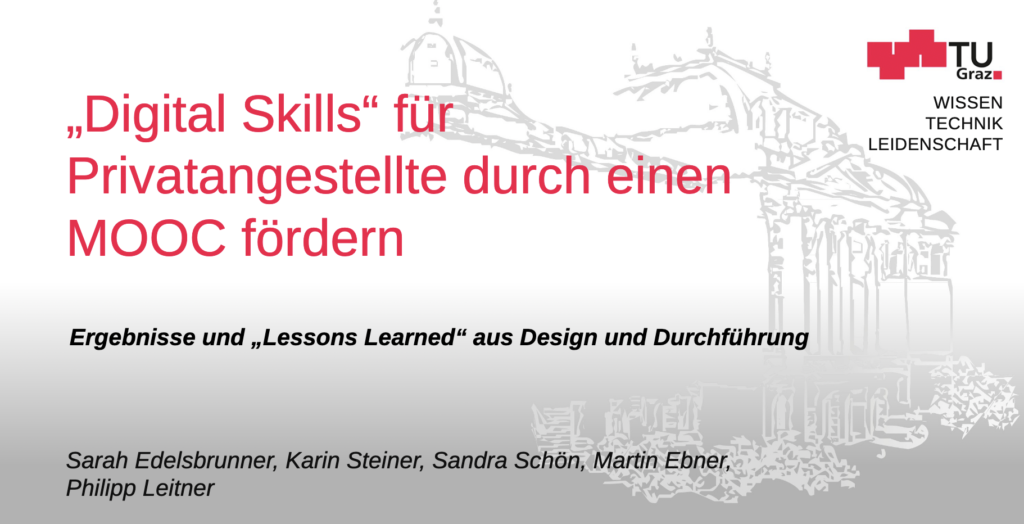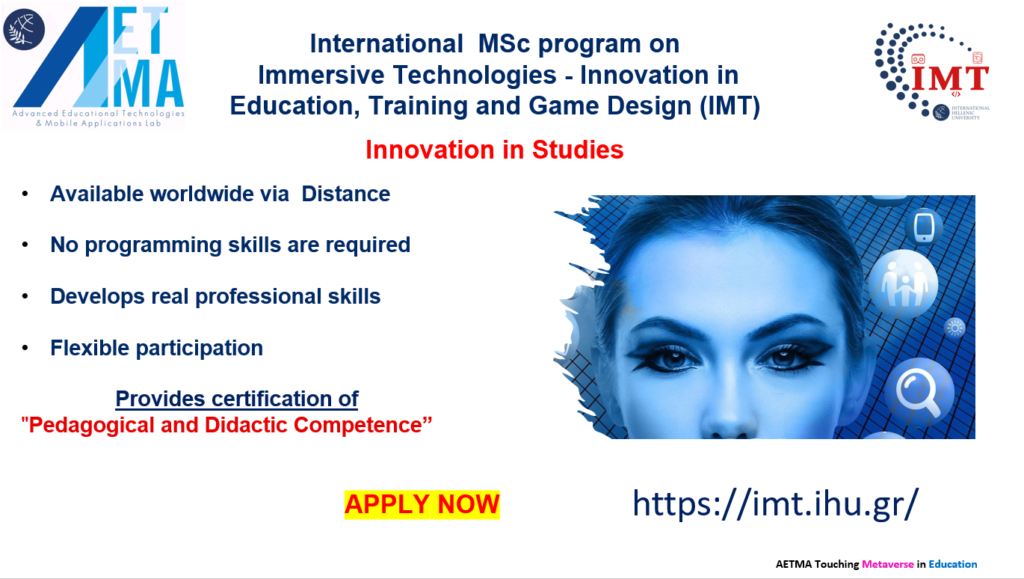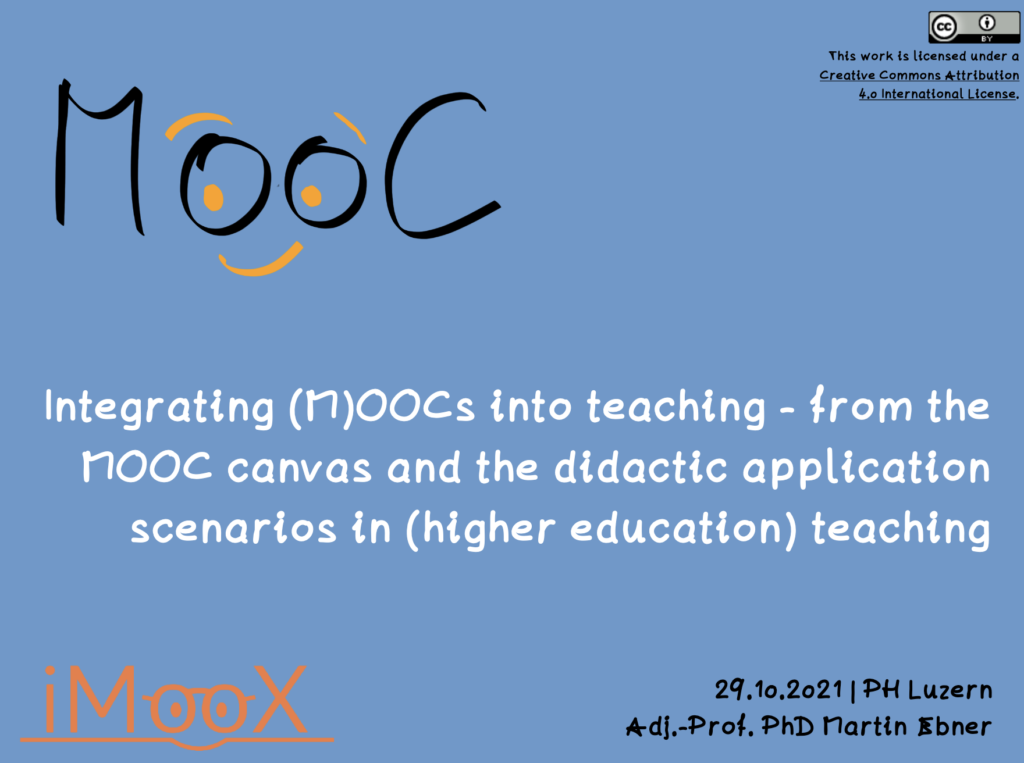Togehter with my colleagues we did a research about OER policies in Higher Education with a strong focus on Germany, Austria and Switzerland for the Asian Journal of Distance Education:
Abstract:
The 2019 UNESCO recommendation on Open Educational Resources (OER) encourages member states to monitor policies and mechanisms in OER across the world. In higher education, there are many initiatives and policies around OER. This contribution gives insights into the current situation concerning OER policy documents that are of national or institutional relevance for public higher education institutions in Germany, Switzerland, and Austria. For each country, a different approach for identifying OER policy documents was chosen, dependent on the availability of documents and different dominant forms of documentation. Whereas digital documents available on the web were found as helpful sources for Germany, and performance agreements between the national ministry and individual universities were used for analysis in Austria, a survey amongst all universities was the chosen research approach in Switzerland to give an overview about potentially OER related policy documents. All these documents are now made available via the OER World Map. With this contribution, the authors also highlight the possibility of using the OER World Map as a powerful tool to collect and evaluate OER policy documents.
[full paper @ journal’s Homepage]
[full paper @ ResearchGate]
Reference: Neumann, J., Schön, S., Bedenlier, S., Ebner, M., Edelsbrunner, S., Krüger, N., Lüthi-Esposito, G., Marin, V. I., Orr, D., Peters, L. N., Reimer, R. T., & Zawacki-Richter, O. (2022). Approaches to Monitor and Evaluate OER Policies in Higher Education – Tracing Developments in Germany, Austria, and Switzerland. Asian Journal of Distance Education.





